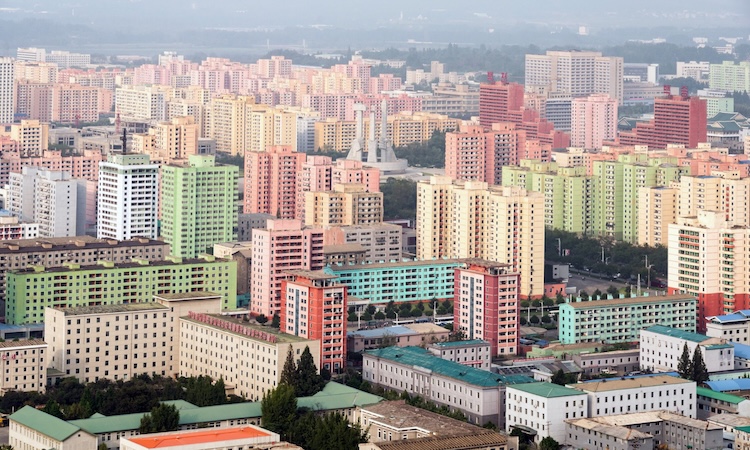The merest hint that the government might be thinking about asking the super-rich to contribute a tiny fraction of their wealth to the national effort to get through the pandemic is enough to trigger a major hissy fit from big business, warning of a mass exodus of entrepreneurs and a flight of capital.
The Treasury-based Office of Tax Simplification (OTS) is coming under fire for daring to suggest that rates of capital gains tax (the tax that the wealthy pay when they sell assets which have risen in value since acquisition, things like second homes, property, art or shares) should be aligned with higher income tax levels.
The way the system works at the moment means it is much less onerous to pay capital gains tax than it is to pay income tax at higher rates. It is therefore to the advantage of the very wealthy to understate the part of their wealth derived from income and overstate the part of their wealth accrued from capital gains, thus lightening the overall tax take and defrauding the HMRC.
The current misalignment, says The Times politely, “creates an incentive for taxpayers to arrange their affairs in ways that effectively re-characterise income as capital gains”. (Sunak capital gains tax raid ‘recipe for disaster’ by James Hurley, The Times, 13 November 2020)
The modest proposal from the OTS simply urges the closing of this loophole by aligning capital gains rates with higher income tax levels. The overall effect of this would be to raise the level of capital gains tax.
The Times notes: “Capital gains tax is paid each year by about 265,000 generally wealthy people, compared with about 31 million people who pay income tax, and the OTS proposals could help to tackle perceived (!) inequality in the tax system.”
This humble suggestion from the OTS has at once unleashed a chorus of outraged entitlement, denouncing it as an attempt to “stifle economic recovery, encourage an exodus of entrepreneurs and further damage morale among bosses of embattled private companies”.
Workers observing this further proof that we are not, indeed, all in the same boat, will draw their own conclusions about who should be made to pay for the crisis. Some of those workers will resonate with the demand from the Workers Party of Britain for a 5 percent across the board Corona tax on the fortunes of the super-rich.
As the WPB points out: “The top six richest people in the UK have an estimated combined wealth of £39.4bn. The richest one percent of people here own the same wealth as 80 percent of the country. It is estimated that the UK has 4,640 ‘ultra-high net worth individuals’, with personal wealth in excess of £80m each.
“A one-off 5 percent tax on these individuals alone would see the richest 4,640 people in our society contribute more than £17 billion to the Treasury – money that could be spent on proper jobs, decent pay, renewed infrastructure, social housing and frontline healthcare.”
With inequality and poverty at a postwar high and growing by the day, the government knows it needs to at least look as if it’s interested in addressing the most egregious and glaring of society’s flaws.
But every time Chancellor Sunak lets it be known he’s thinking of making some tokenistic gesture in the direction of ‘fairness’, he is howled down by outraged members of the ruling class.
Despite all the warnings from economic sages at the Financial Times and elsewhere that the present system simply will not survive if inequality is allowed to continue on its runaway course, it seems that many among our rulers cannot stomach making the immediate sacrifice of a small percentage of their incomes in the interest of hanging onto the rest in the longer term.
Capitalism does indeed create its own gravediggers.
——————————
Editor’s note: Our party was a motive force in launching the Workers Party of Britain in December 2019. However, developments since that time have led our comrades to consider that the WPB has failed in its stated aim of becoming a truly broad movement within which communists could work openly, transforming itself into a left-social-democratic vehicle for bourgeois parliamentarism and anticommunism. We have therefore withdraw our members’ efforts from the Workers party project. Our stance towards the Labour party in particular and social democracy in general remains unchanged.
















